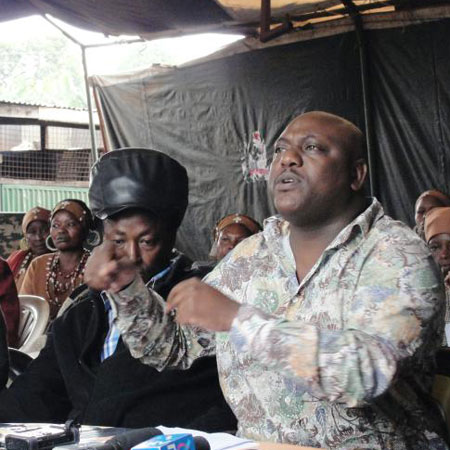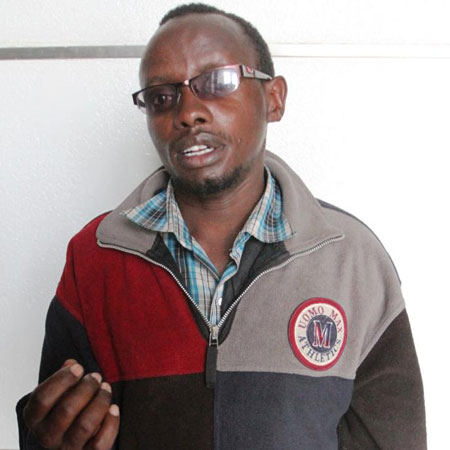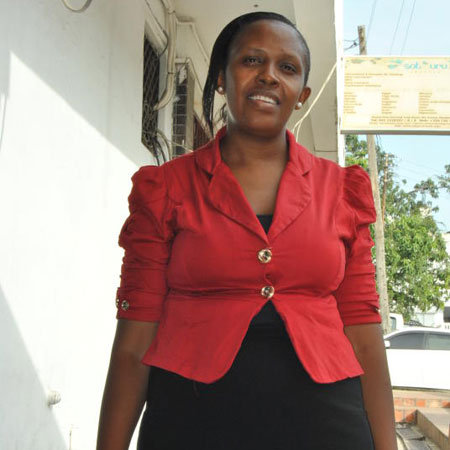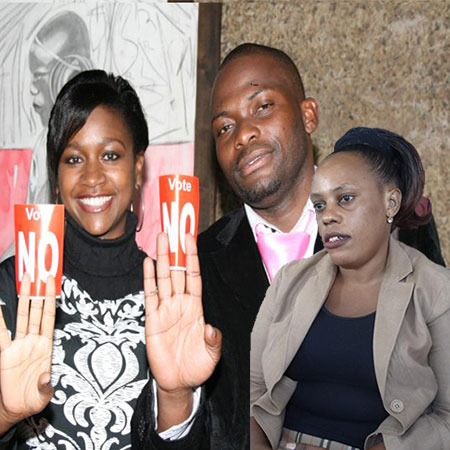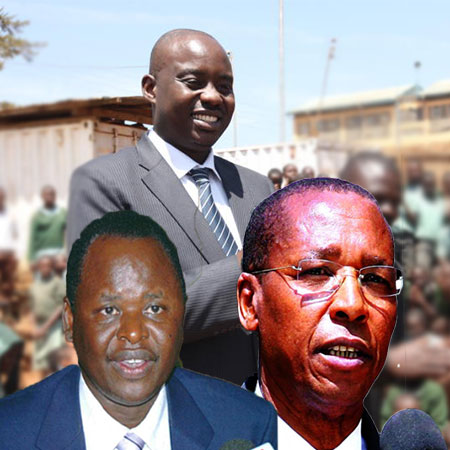
Nairobi was once the hotbed of Kenyan politics. In the years immediately after independence in 1963, the city was led by thoroughbred men and women.
Early Nairobi mayors were polished and sophisticated political heavyweights like Charles Rubia (later a powerful cabinet minister), Seth Lugonzo, Margaret Kenyatta and Nathan Kahara. Rubia went on to play a sterling role in the second liberation struggle for which he was detained alongside Kenneth Matiba. Lugonzo was Ikolomani MP for two consecutive terms until 1988. He was first elected MP in 1969.
Margaret Kenyatta went on to become Kenya’s Permanent Representative in Habitat, while Kahara was the last of the best Nairobi mayors. In Kahara’s time, garbage was collected weekly, streetlights lit up at 6pm and tarmac roads were washed at night. It was high treason to litter the city.
Nairobi’s elected MPs had brainpower and their influence and fame spread across and beyond Kenya. Think Joseph Murumbi, Mwai Kibaki, Dr Munyua Waiyaki and the mercurial Tom Mboya, who went on to defeat President Kwame Nkrumah as chair of the All Africa People’s Conference in the 1958 elections held in Nkrumah’s Ghana. He was 28!
‘City Hole’
Mboya was the first Kenyan to grace the cover of Time magazine in 1969 (besides Dr Richard Leakey, November 1979 and Marathoner Ibrahim Hussein Kipkemboi in 1986).
Mboya, as a trade unionist, spearheaded the formation of Cotu to fight for workers’ rights. Mboya was not only potential presidential material for Kenya, but also a United Nations chief. He became arguably Kenya’s most important post-independence politician when as Minister for Economic Planning, he wrote African Socialism and its Application to Planning in Kenya -what later became Kenya’s economic blue print!
Dr Waiyaki, one-time MP for Mathare, has variously been rated as one of the finest foreign affairs ministers Kenya ever had until the late Dr Robert Ouko. Mwai Kibaki on the other hand ended up as President of Kenya, but could as well have become World Bank chief according to pundits, if not a professor of economics.
Murumbi went on to found alongside, Alan Donovan, a pan-African arts gallery (the revered African Heritage), besides curating a rare art collection that is now part of the Murumbi Art Collection which was bought by the government, and currently on exhibition at the Nairobi Gallery.
Then there was the formidable Maendeleo ya Wanawake supremo, Jael Mbogo, running Mwai Kibaki to the wire in the race for Nairobi’s Bahati Constituency during the 1969 General Elections. Kibaki won by a mere 500 votes. After that, he wasn’t sure of beating Jael Mbogo in another contest, and took refuge in his rural Othaya Constituency.
Such was the calibre of leadership in Kenya’s capital city.
But in the 1990s, Nairobi politics went to the dogs and got dominated by unsophisticated and obscure politicians who are more adept at brawling and not brainy. These lightweights became our mayors and MPs.
Corruption scandals became the hallmark of every Nairobi City Father. From illegal land sales, land grabbing and outright theft, the once esteemed City Hall became a den of corruption nicknamed ‘City Hole.’
In one instance, the mayoral chain kept getting shorter and shorter, until it was eventually ‘stolen’ in 2001! Even the mayor’s official residence was not spared.
Barrack Muluka, a ‘city boy’ who is a communications expert and political analyst, says Nairobi’s problems started with multi-party politics. He argues that, “It is quite ironical that multi-party was a good thing for Kenya but also the death of sane politics in Nairobi. With the introduction of pluralism, Nairobians retreated into tribal cocoons and started electing people based on tribal numerical strength. In an area where one tribe dominated, a person from that tribe would definitely win the local council as well as parliamentary seat.”
CLOWNING SENATOR
He has harsh words for Nairobi Senator Mike Sonko whom he accuses of throwing decency out of the window. “Sonko has turned out to be a huge let-down. He has perfected the politics of melodrama and sycophancy. His arrogance and ugly flaunting of wealth is sickening. It is as if he is impatient to get out of the house and wear gold so everybody can see. He is a clown, and I think the people who elected him are also clowns.”
Readers will also recall former Kamukunji MP Simon Mbugua whose conduct and brand of politics was dogged with controversy.
But before Mbugua came to the scene, Kamukunji was represented by Maina Wanjigi for 25 years. Wanjigi studied for his second master’s degree at Stanford University, USA, in 1960. The outstanding graduate of Alliance and Makerere was the first recipient of a Fulbright scholarship and an early beneficiary of a Rockefeller Foundation post-graduate scholarship. In 1961, Wanjigi was featured in Time magazine under the header, Five Inquisitive African Students.
Senator Sonko and Women’s Representative Rachel Shebesh who are regular fodder for entertainment pages and gossip blogs pale badly in comparison.
Others were intellectuals, like the first Lang’ata MP Joseph Murumbi and Philip Leakey who broke new ground by being the first white Kenyan MP. Presently, other level-headed Nairobi politicians include Kamkunji MP Yussuf Hassan, Hon Tim Wanyonyi of Westlands, Kenneth Okoth of Kibra and TJ Kajwang of Ruaraka.
“I still don’t get the logic behind voting out Dick Wathika to elect Sonko or Reuben Ndolo. Nairobians can be clowns. But at the same time, I can say that the calibre of voters has also greatly degenerated to the lowest level, and that’s why Sonko and his ilk clinch elective positions,” says Muluka.
University Of Nairobi sociologist Ken Ouko says Nairobians are awed by wealth which leads to them voting for wealthy people. “We have a leadership vacuum because we elected the wrong people. Kenyans are electing such people because they are the loudest, showiest and they seem wealthy,” he explains. “The society has put a high premium on wealth; we worship wealthy people regardless of whether they acquired their wealth through theft, bribery, or murder. We will keep on electing people for the wrong reasons.”
 The Standard Group Plc is a multi-media organization with investments in media platforms spanning newspaper print
operations, television, radio broadcasting, digital and online services. The Standard Group is recognized as a
leading multi-media house in Kenya with a key influence in matters of national and international interest.
The Standard Group Plc is a multi-media organization with investments in media platforms spanning newspaper print
operations, television, radio broadcasting, digital and online services. The Standard Group is recognized as a
leading multi-media house in Kenya with a key influence in matters of national and international interest.

